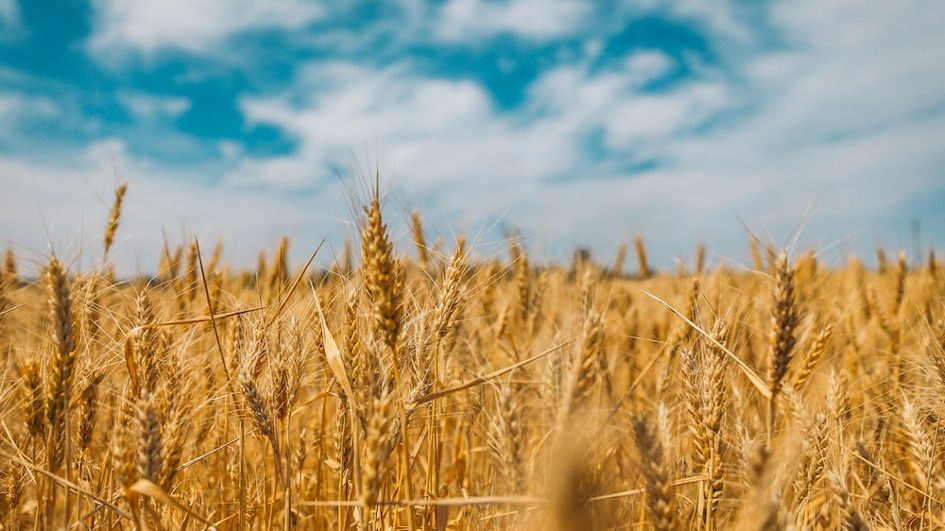Last July, the Indian government banned rice exports to meet its domestic demand in terms of both volume and price.
This initiative has a significant impact as Indian exports account for 40% of global trade. On the other hand, China, the Philippines, and Nigeria are the largest importers. For some countries, rice is the sole source of food. In Africa, rice consumption is increasing, and global forecasts are on the rise.
This new export ban will contribute to the rise in the international rice price, especially since alternatives are limited, producers have experienced disruptive climate events, and the next harvest will only take place in the fall. Export bans contribute to worsening food insecurity.
India is not alone in this trend; Indonesia has banned palm oil exports, Argentina has banned beef exports, and Turkey has banned cereal exports.
By using this leverage, India could be perceived as an unreliable supplier.
Source: BBC




